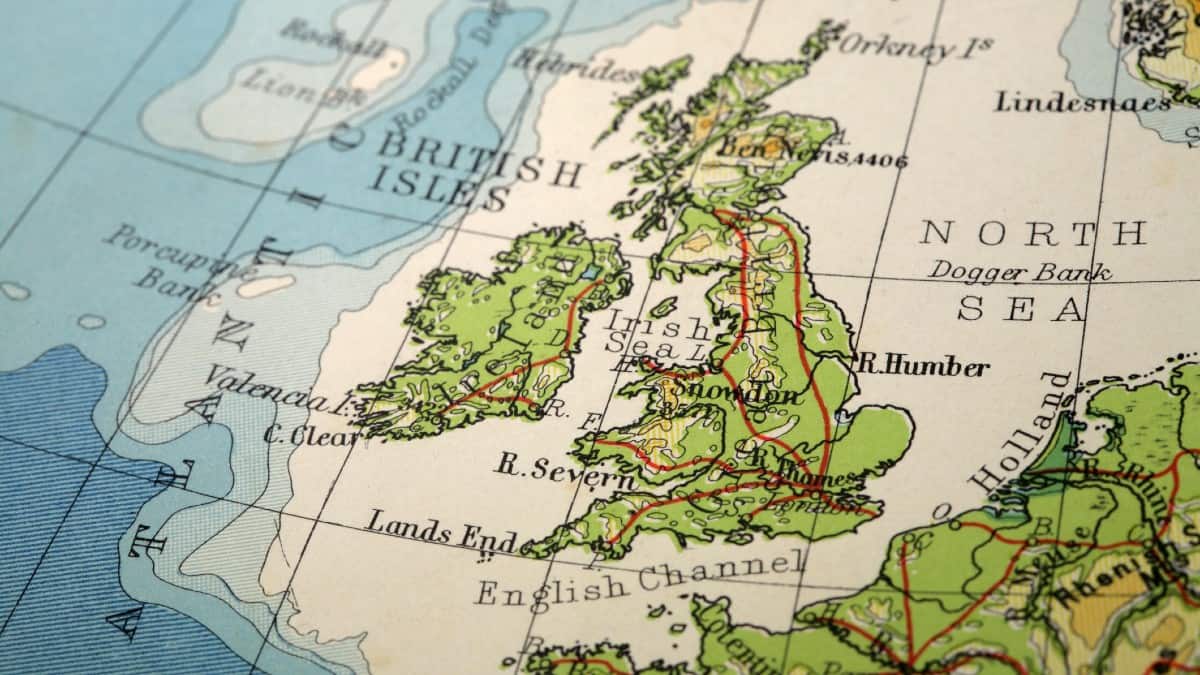Manchester United (NYSE: MANU) Football Club has won more league titles than any other team in English football. In recent years, however, the club has struggled to live up to its glorious past, winning no trophies since 2017. So, how would I have fared if I’d bought £2,000 worth of Manchester United shares and held onto them for those five years?
A losing stock
A £2,000 investment in Manchester United stock half a decade ago (using the exchange rate at the time) would have bought me 145 shares. The price then was $18.25 per share. Today, one share is $13.06, which means I’d be nursing a 28% loss. My 145 shares would be worth just £1,630.
The stock would have paid me a small dividend along the way, but that would only have been a little over £100 in total. That still wouldn’t have brought me back to break-even. So, like the football team, this stock hasn’t been winning over the past five years.
Just for context, if I’d invested my £2,000 in an S&P 500 index fund instead, I’d have £2,833 today, without factoring in dividends. That’s because the 500 largest companies listed in the US are up a collective 50% in five years.
With a current market cap of $2.15bn, Manchester United is too small to be included in the S&P 500 index.
Financial performance
In its recent financial results for the 2022 fiscal year, the company reported that overall revenue was up 18% on the previous year at £583.2m. This reflected a return to full stadiums after two pandemic-hit seasons.
The club’s net debt, though, has increased by 22.7 %, from £419.5m to an eye-watering £514.9m. That rise is partly due to a “revolving credit facility” the club has used to offset the almost £200m lost during the pandemic. The annual operating loss was £87.4m.
On the field
The performance of Manchester United stock ultimately hinges on how the team does on the pitch. And the team hasn’t been doing that well since long-time manager Sir Alex Ferguson retired back in 2013.
Winning cup competitions means more games, which means more broadcasting and match day revenue. But after failing to qualify for the Champions League (the highest level of European football, both competitively and financially) last season, the club is today left competing in the less prestigious Europa League.
This would have almost unimaginable a decade ago, showing just how far the competitive standing of the club has fallen.
A change of ownership is likely
Malcolm Glazer acquired control of the club by buying out existing shareholders for around $790m in 2005. This ownership, however, has been unpopular with a large section of the club’s fans almost since day one.
Some recent reports suggest that the Glazer family might be finally ready to sell out. One rumoured buyer is Sir Jim Ratcliffe, Britain’s richest man and founder of chemical powerhouse Ineos Group. Were such a sale to be announced, I can imagine the shares would shoot much higher.
Still, the club’s £514m net debt, coupled with the team losing its top dog status on the pitch years ago, means I won’t be adding Manchester United shares to my portfolio. I’ll be watching this stock from the touchline.








